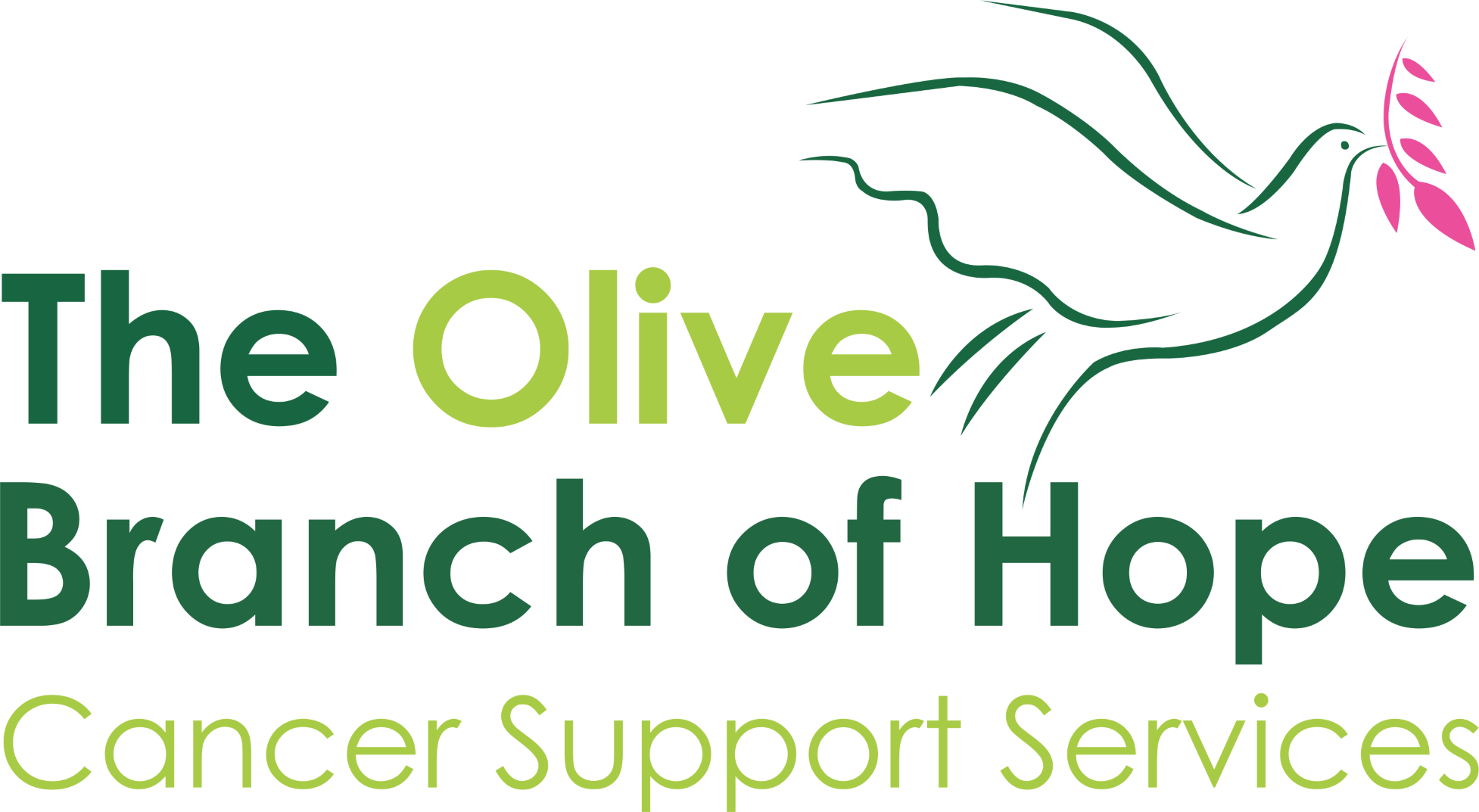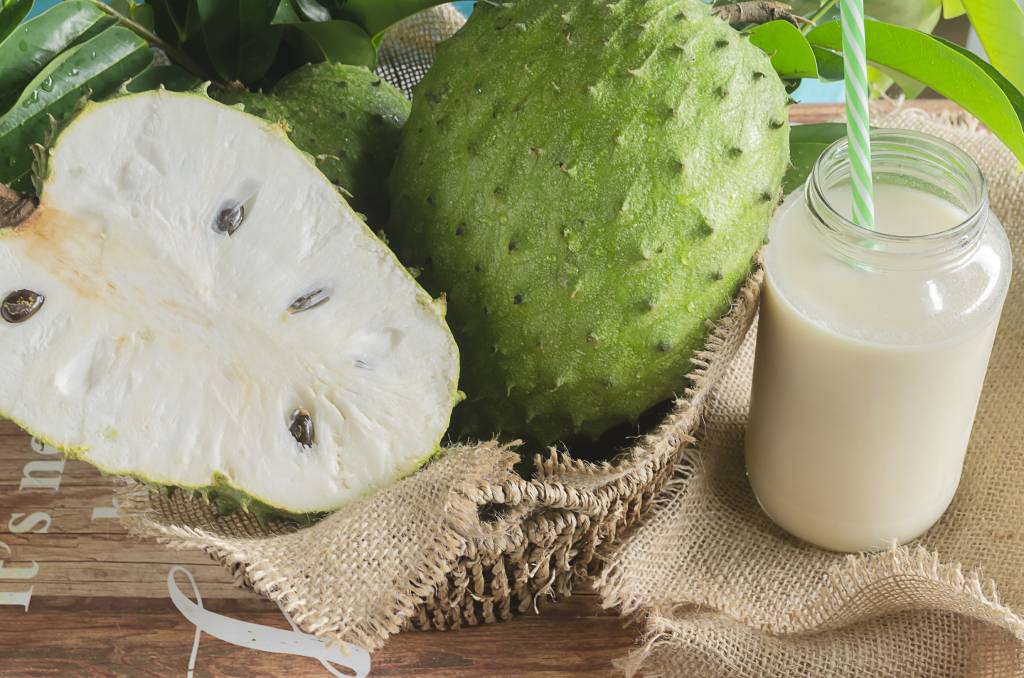What are superfoods?
Foods that promote your physical, mental and emotional well-being and decrease the chances of contracting diseases are known as super foods. They are nutrient rich and provide great benefit to improve the quality of health and well-being. Examples of health-promoting superfoods are blueberries, salmon, green tea, walnuts, broccoli and spinach. It is important to note that there is no scientifically accepted definition of superfoods yet.
African superfoods are dense in minerals, antioxidants, vitamins and healthy fat contents. Here are some of the African-Caribbean superfoods:
- Baobab. This tree is commonly found in Eatern and Southern Africa. Its leaves and fruit are considered to be the most nutrient dense food on earth. Baobab contains high amounts of Vitamin C and fiber. African people have been using it for centuries now for medicinal and culinary purposes. They use it for treating malaria, fevers, stomach problems, to enhance bone and teeth growth, for boosting immune systems and more.
- Hibiscus. It is most commonly found in Central Africa. Its tea and extracts are rich in Vitamin A, C and iron. It has many health promoting properties for e.g. It boosts your immune system, lowers blood pressure, strengthens your blood vessels and lowers bad cholesterol in your body. It also promotes your gut health and acts as mild laxative for constipation.
- Tamarind. It is native to Tropical Africa. Tamarind is enriched with vitamins, minerals, fiber and antioxidants. It is used to ease stomach problems like constipation. Its preparations are used for treating inflammation, sunstroke and fever. Moreover, tamarind’s juice can restore the electrolyte balance if you’re dehydrated.
- Teff. Teff grains are the smallest in the world. It is native to Ethiopia and has high contents of amino acids and carbs. These grains are used for repairing muscle damage, controlling blood sugar and providing energy. It is also packed with micronutrients like calcium, phosphorus, magnesium and potassium etc. which are essential for growth and development of the body.
- Moringa. Moringa tree is also known as “The divine tree” or “The miracle tree” and used for both food and medicine. The leaves of moringa trees are enriched with proteins and are considered to be multivitamin-mineral complexes. The scarcity of food in some African regions makes it an ideal choice for preventing malnutrition in infants, young children and breast-feeding mothers. Tea made out of the leaves of moringa tree is used for its laxative effect.
- Soursop. Soursop also known as Brazilian paw paw or guanabana is a Caribbean superfood. It has high contents of Vitamin B, C, antioxidants, and minerals such as calcium and phosphorus. Soursop fruits are used to make sorbet, candies and ice-cream etc. These are used for their antimicrobial and antiinflammatory properties. Caribbean people used soursop to treat eye diseases, infections and to prevent the growth of cancer cells.
- Coconut. Coconut oil and water have also gained popularity as a superfood among Caribbean people. Although, coconut water has lots of vitamins and minerals but it has significantly high amounts of potassium. Coconut water may improve heart health, lower BP and is the best way to treat dehydration. Coconut oil is used for maintaining hair and skin health. It may also help in treating dry skin, skin allergies and eczema.
- Sea moss. A type of red algae found on the coasts of Caribbean islands. Caribbean people consume sea moss which is loaded with vitamins, minerals and nutrients in the form of gel or smoothies. Sea moss is known for its antiviral effects, it also improves blood circulation and enhances immunity.
Other African superfoods include roselle, plantain flour, amaranth, and fonio. They are enriched with vitamins, minerals, fibers, antioxidants, carbs and proteins. When it comes to life and health, they provide both quality and quantity.
How Super Foods Affect the Immune system?
Superfoods are often referred to as food and medicine of the future. Blueberries, kale, spinach and other vegetables and fruits are rich in phytochemicals like antioxidants. Antioxidants detoxify the body by removing harmful free oxygen radicals. These radicals are produced when you expose your body to fatty ultra-processed food and environmental stress.
Accumulation of these radicals can cause damage to your body cells, increasing the risk of diseases like cancer and diabetes. Super foods are also rich in vitamin, fiber and mineral contents. Their ideal balance in the body can strengthen your immune system, help you fight off infections and promote growth and development.
Some of these superfoods like pomegranate contain high levels of nitrate which are converted to nitric oxide within the body. Nitric oxide helps in maintaining ideal heart health and blood pressure.
Benefits of superfoods
Ward off diseases: These foods rich in vitamins and minerals can help you improve your immunity, fight against various diseases and keep you healthy.
Promote cardiac health: When superfoods are incorporated into a well-balanced diet, they promote cardiac health. They do so by reducing cholesterol, strengthening heart vessels and managing blood pressure.
Reduce the risk of cancer: Superfoods have high contents of antioxidants which help in reducing the risk of several types of cancer.
Reduce the risk of diabetes
Superfoods are rich in fiber content and can prevent diabetes and digestive problems as well.
Other benefits
Superfoods aid in detoxifying the body, regulating cholesterol levels, promoting metabolic health and reducing chronic inflammation.
Beware of superfood supplements
Every time you walk down the aisle of your local medical store, you might find a good range of superfood supplements. However, processing these natural super foods makes them lose their original nutrition content. It is always recommended to take these superfoods in their natural form or in fresh juices and smoothies etc.
Worldwide popular superfoods
Some popular superfoods that you can easily find at your local grocery store are:
- Avocados
- Kale
- Sweet potatoes
- Cruciferous vegetables (Such as cabbage, broccoli, kale etc.)
- Blueberries
- Dark, leafy vegetables
- Garlic
- Whole grains
- Ginger
- Yogurt
- Salmon
- Sesame seeds
- Walnuts
- Green tea
- Figs
- Flaxseed
- Miso
Berries and fruits
Blueberries top the list because they are extremely rich in antioxidants, soluble fiber and vitamins. Similar nutrients and vitamins are also found in other berries too, for example strawberries and cranberries. They reduce the risk of heart diseases, cancer and other chronic diseases. Their high fiber content not only improves your gut health but also enhances your immunity. Some fruits such as pomegranate and raspberries have ellagic acid, which has great anti-cancer properties.
Kale
Kale, as a famous superfood, lives up to all the hype along with its peers such as Swiss chard, mustards, radish greens, spinach and cabbage. These dark and leafy vegetables have rich amounts of Vitamin A, Vitamin C and Vitamin K in them which support your immune system. They are also rich in calcium which promotes bone and teeth health.
Sweet potatoes
Sweet potatoes are an excellent source of fiber and Vitamin A. They enhance the immunity as well as vision, which is a combined effect of Vitamin A and fiber. On top of that, they are naturally sweet which makes them an ideal snack to satisfy your cravings.
Beans
Beans are a rich source of protein. They are nutritious and contain soluble fiber, which regulates cholesterol levels, provides a long term feeling of fullness and improves your overall digestive health.
Whole grains
Whole grains such as quinoa and oats etc. are also rich in protein and fiber. They help in reducing the bad cholesterol, maintaining blood glucose levels and satisfies your appetite for a fair amount of time.
Nuts and seeds
Nuts and seeds are rich in minerals, healthy fats such as Omega-3 fatty acids and antioxidants. They are known for improving heart health, reducing blood pressure and also reducing the chance of heart attacks and strokes.
Salmon
Salmon is rich in omega-3 fatty acids and reduces the risk of heart diseases such as atherosclerosis (narrowing of heart vessels), stroke and heart failure etc. Fish are rich in protein, which adds to the strength of your immune system, thus keeping your body healthy.
Conclusion
Eating your greens and keeping a plate full of colors help your body to fulfill all its nutrition requirements. Moreover, fruits and vegetables not only help you keep your belly full, but they are also low in calories and have everything that your body needs.
Researchers have shown that eating superfoods can prevent the risk of chronic diseases like cancer, heart related problems, diabetes and more. However, in case you already have such diseases it is advisable that you consult your doctor before using them as treatment options.
References
- Wolfe, D. (2010). Superfoods: the food and medicine of the future. North Atlantic Books.
- Ekesa, B. N. (2017). Selected superfoods and their derived superdiets. In Superfood and Functional Food-The Development of Superfoods and Their Roles as Medicine. IntechOpen.
- Proestos C. Superfoods: Recent Data on their Role in the Prevention of Diseases. Curr Res Nutr Food Sci 2018;6(3).
- Van den Driessche, J. J., Plat, J., & Mensink, R. P. (2018). Effects of superfoods on risk factors of metabolic syndrome: a systematic review of human intervention trials. Food & function, 9(4), 1944-1966.
- Daugherty, B. (2011). Superfoods: The Healthiest Foods on the Planet. Journal of Nutrition Education and Behavior, 43(3), 207-e7.
- Integris. The health benefits of superfoods. https://integrisok.com/resources/on-your-health/2019/march/the-health-benefits-of-superfoods


